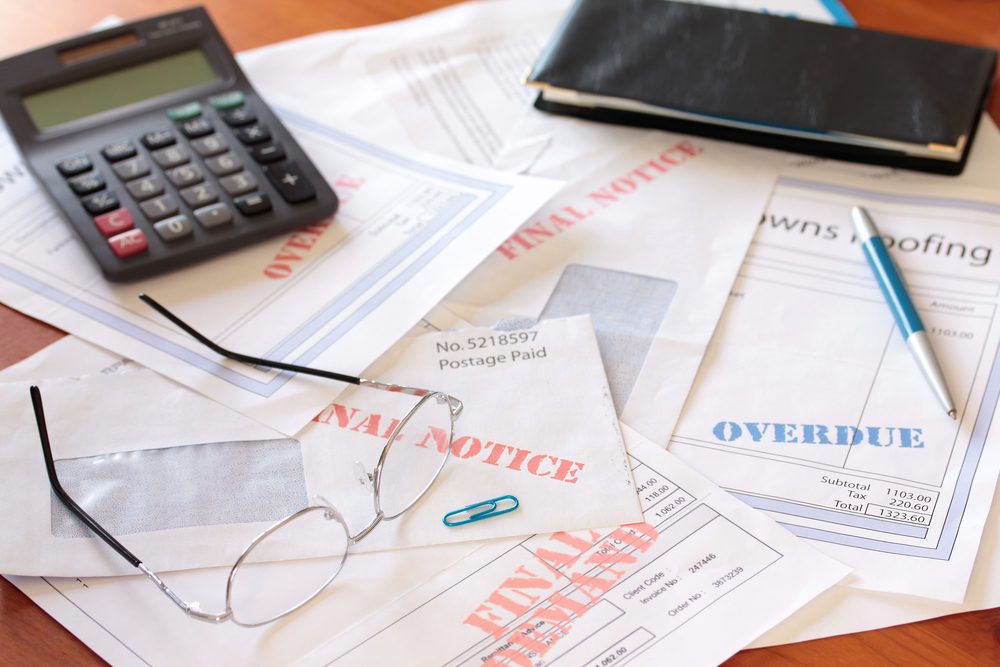
Now that almost everyone is working from home, many employees are starting to consider the freelance lifestyle. Setting your own hours, determining your own pay and controlling your own projects are all alluring to those who are unsatisfied by their current employment.
However, freelancing comes with its share of challenges too — especially when it comes to managing money properly. First-time freelancers often make some serious financial mistakes during their first few years, costing them crucial time, energy and cash. If you want to make the switch to freelancing, consider how you can avoid the following big money mistakes:
Confusing Personal and Business Expenses
You work from home on your personal computer, grabbing snacks from your kitchen and lounging on your couch — but that doesn’t make your business less of a business. Business expenses and personal expenses should be kept completely separate, to ensure that you can report your income realistically and make accurate deductions on your taxes. If you blur the line between personal and business expenses, you could set yourself up for a time- and energy-consuming audit, or you could set yourself up for other significant headaches.
Fortunately, you can decisively separate your personal and business expenses with one simple step: Get a business credit card. There are a few business credit cards available to freelancers, many of which provide useful rewards; if you don’t like any of these options, you can open a regular credit card and devote that card to business expenses. Then, you have a handy account of every dollar you spend on your business, while all your other payment cards are purely personal.
Counting Your Invoices Before They’re Paid
Just because you landed a big client and expect a big invoice doesn’t mean you are making big income. Plenty of clients lack compunction in taking advantage of freelancers, especially freelancers who seem new, naïve and a bit disorganized. It isn’t uncommon to work hard for a client who suddenly disappears the moment you deliver the final product.
There are a few ways to ensure that your invoices translate directly into income. For one, you should research your clients to verify that they are reputable businesses likely to deliver on payment promises. You might ask clients for the contact information of freelancers they have worked with in the past. Additionally, you should only work after both parties have signed a contract that details the parameters of the working arrangement — to include how much you will be paid and by when. Finally, you should have a system for getting paid, like sending regular invoices and receiving direct deposit into your accounts from Paypal or another source.

Undercharging for Your Valuable Services
Regardless of what kind of services you offer as a freelancer, your services are valuable — because if they weren’t, there wouldn’t be a freelance market for them. Even though you are new to freelancing, you shouldn’t be afraid to charge your clients what your time, energy and skills are worth. In particular, you shouldn’t be willing to take less money than you might earn as an employee performing the same tasks.
Some freelancers work backwards, charging clients based on what the freelancers hope to earn in a year. Others tailor their fees to the scope of individual projects, but doing this can be a bit more confusing. You might reach out to an established freelancer in your field to get a sense of their pricing structure and potentially help you develop your own.
Forgetting to Fill Important Savings Accounts
Different freelancers develop different bad habits when it comes to money, but one of the worst is neglecting to fill important savings accounts to protect yourself and your business from hardship. If every dollar you earn goes directly to an expense, you aren’t making enough money to stay solvent, especially if emergency strikes. It might be useful to use personal finance software to develop a budget that allows you to fill certain accounts for important purposes.
Your first priority should be to stock your emergency savings, which will help you survive and thrive during the lean times — like a global pandemic. Especially because you will probably dip into your old emergency savings as you get your freelancing business off the ground, you will need to regenerate your emergency account ASAP.
Next, you need to make a plan for retirement savings. Without an employer to bug you about your 401(k), you will need to diligently add to your IRA or other retirement accounts on your own. Getting in this habit is particularly important if you plan to be a freelancer for a substantial length of time.
Finally, you can’t forget about taxes. In the excitement of earning income on your terms, it is easy to forget that you aren’t providing tax withholding on every paycheck. Instead, you will need to pay estimated taxes every quarter, which means you will need to set aside money as you earn it.
Freelancing is fun, thrilling and empowering — but it is also fraught with financial dangers. Though a few money mistakes won’t sink your freelancing hopes and dreams, you should try to navigate around financial pitfalls to find true freelance success.








